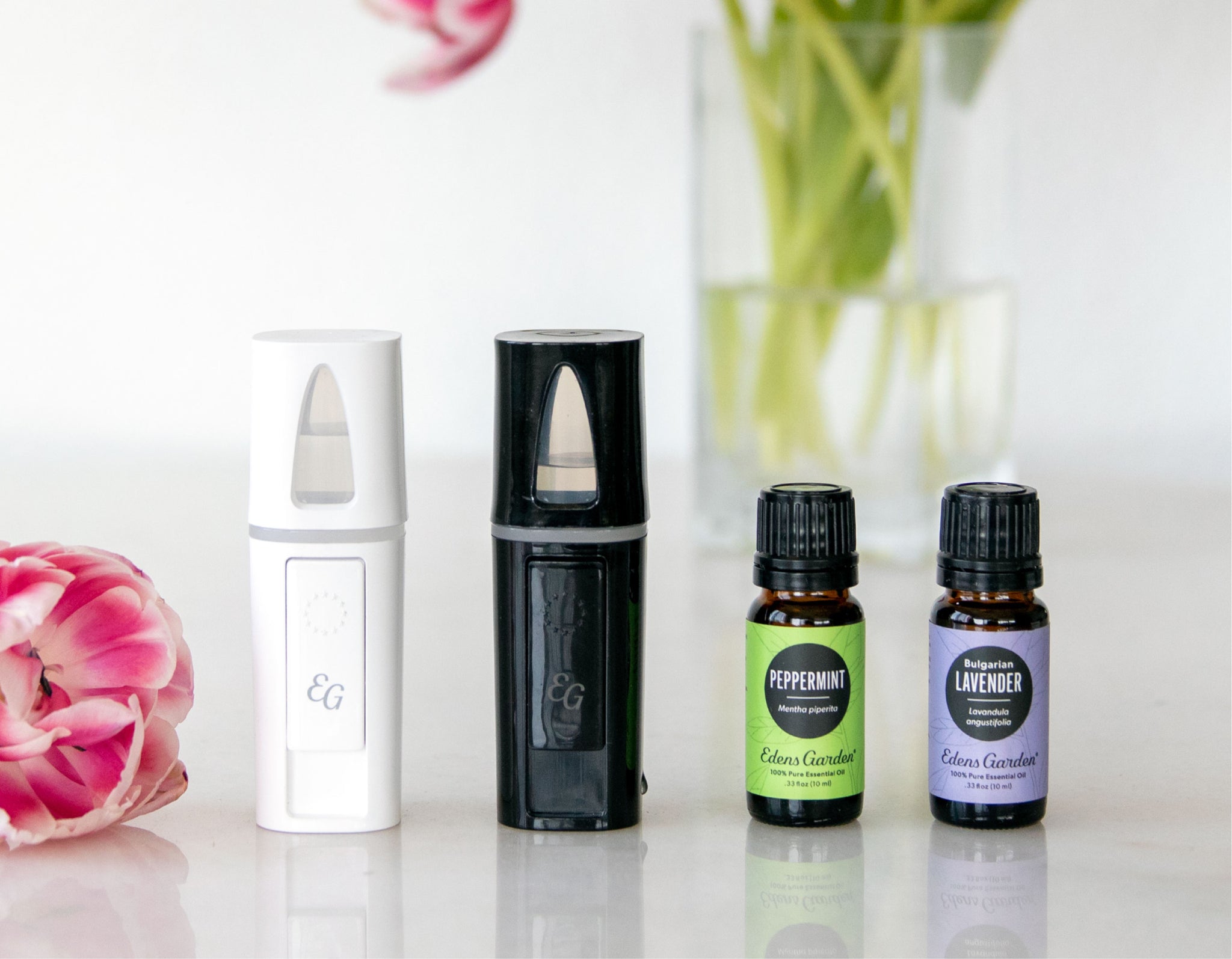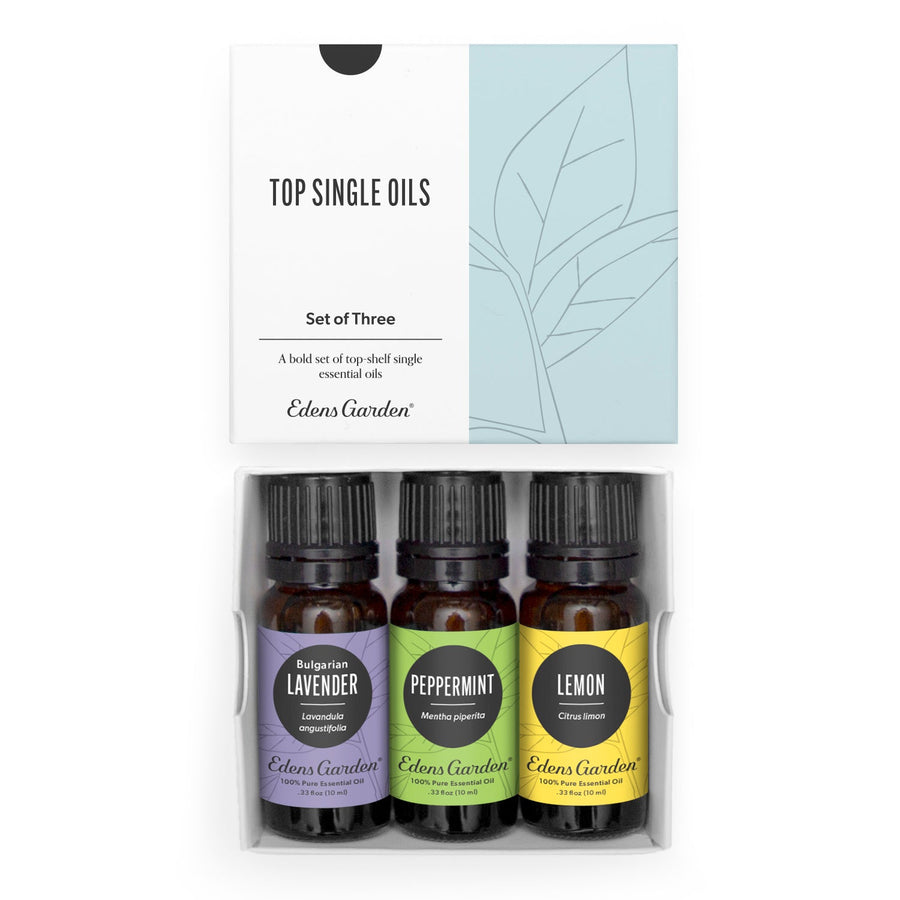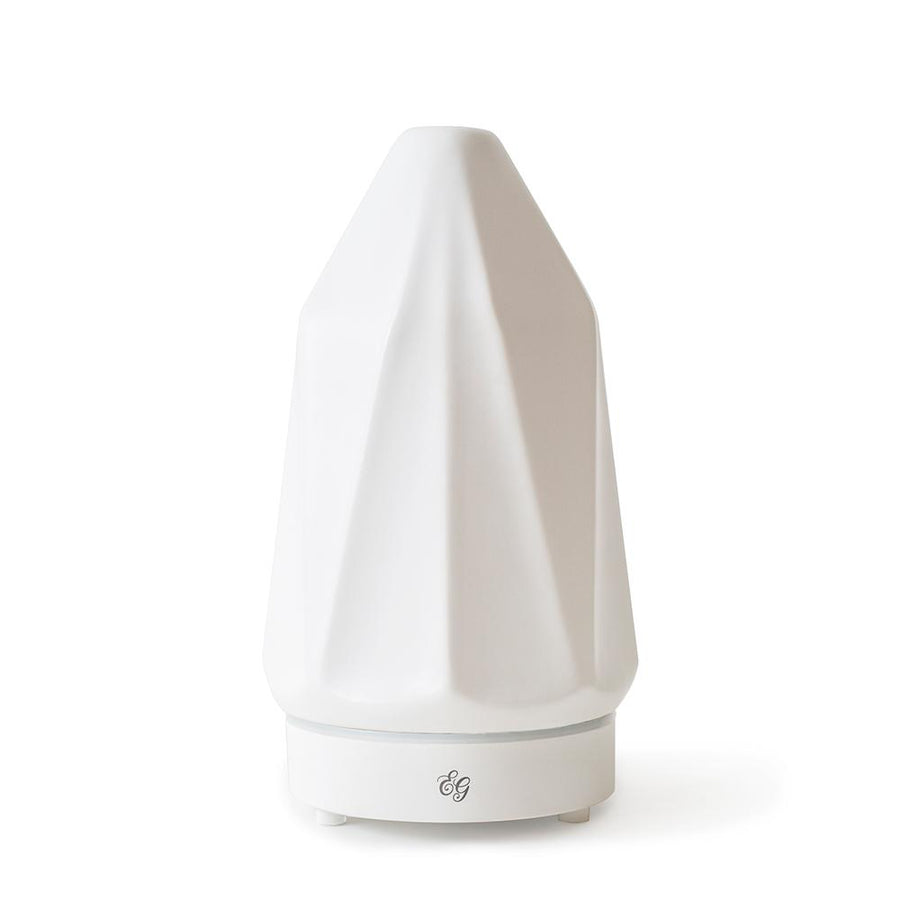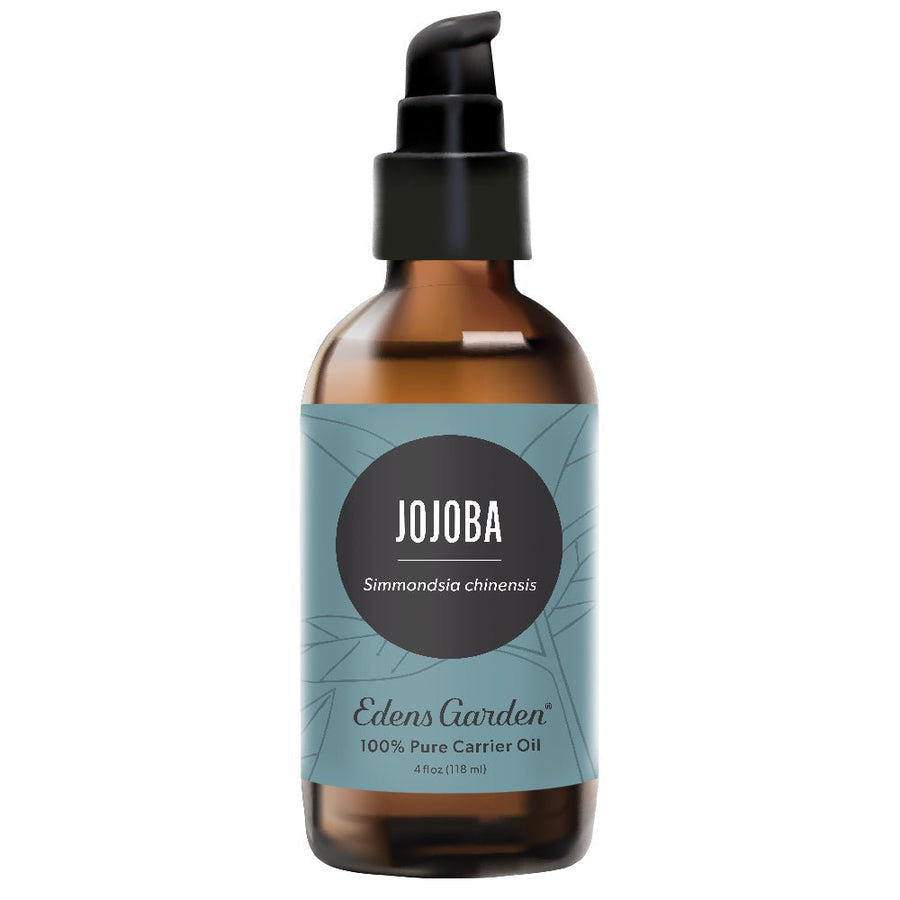The BIGGEST Essential Oil Mistakes

When it comes to essential oils, even the most experienced users can make mistakes. Whether due to a lack of knowledge or simple oversight, these missteps can impact the effectiveness and safety of your aromatherapy experience. In this guide, we'll dive into the biggest essential oil mistakes, from improper dilution to incorrect application, and offer simple solutions to ensure you’re using your oils safely and effectively. Our goal is not to alarm you but to empower you with the right information so you can enjoy the many benefits of essential oils with confidence.
The BIGGEST Essential Oil Mistakes
By understanding and avoiding common errors, you’ll maximize the therapeutic potential of oils like Lavender, Peppermint, and Tea Tree, while protecting your skin and overall well-being. Let's explore the do's and don'ts of essential oil use for a safer, more enjoyable journey.

USING OILS UNDILUTED
Applying essential oils neat (undiluted) can pose serious risks, even if the oils are 100% pure. Without guidance from a certified aromatherapist, using undiluted oils may lead to skin irritation, sensitization, or long-term intolerance.[1] Prolonged exposure to neat oils, like Tea Tree, Peppermint, or Lavender, can cause adverse reactions that diminish the therapeutic benefits.
To ensure safe use, always dilute your essential oils with a carrier oil such as Jojoba or Coconut oil. Dilution not only protects your skin but also extends the life of your oils, making it a safer and more cost-effective option.
INGESTING ESSENTIAL OILS
Ingesting essential oils may seem appealing, but it can cause serious harm to your organs and mucous membranes. Essential oils are highly concentrated, and if undiluted use can damage your skin, imagine the potential impact on your sensitive internal tissues.
While some oils are on the FDA's Generally Recognized As Safe (GRAS) list,[2] this applies to minuscule quantities that food companies measure in parts per million—far beyond what can be safely done at home. For safe essential oil use, never ingest oils without consulting a certified aromatherapist and your healthcare provider.

ADDING OILS TO WATER
Adding essential oils to water is a common mistake that can lead to unsafe use. Since water and oil don’t mix, adding essential oils to drinking water results in consuming undiluted oils, which can irritate your digestive system. Similarly, using essential oils in water-based sprays doesn't disperse the oils, leading to potential skin irritation from undiluted oil contact.
Additionally, mixing oils with water can promote the growth of bacteria and mold. To avoid contamination and ensure safe use, always add a preservative to prevent microbial growth and a solubilizer to evenly disperse the oils in the water.
USING THE SAME OIL REPEATEDLY
Repeatedly using the same essential oil can lead to overexposure, reducing its effectiveness over time. When you're overexposed to an oil, such as Lavender, Peppermint, or Tea Tree, you may notice a diminished or nonexistent effect. This is your body signaling that it’s built up a tolerance to that oil.
To avoid this, rotate your essential oils and take breaks from frequent use. If you experience a reduced effect, it's best to discontinue using the oil for a while to allow your body to reset and regain its ability to benefit from that oil.

USING AN OIL AFTER AN ADVERSE REACTION
If you've ever applied essential oils and noticed redness, inflammation, or irritation, it's not a sign that your body "needs" the oil or is detoxifying—it's an adverse reaction. Continuing to use an essential oil after experiencing a reaction is a common mistake that can worsen skin irritation. Despite some recommending that you keep using the oil, this can lead to further discomfort or even long-term sensitization.
If you experience an allergic reaction or irritation, stop using the oil immediately and consult a doctor. To avoid an adverse reaction, always perform a skin patch test before topically applying any essential oil.
DISREGARDING SAFETY ADVISORIES
Disregarding safety advisories for essential oils is a common mistake that can lead to serious consequences. For example, citrus oils like Lemon and Bergamot are often phototoxic and can cause skin burns when exposed to sunlight,[3] while spicy oils like Cinnamon have maximum recommended dermal limits. Oils high in 1,8 cineole, such as Eucalyptus, should not be used around young children due to respiratory risks.
At Edens Garden, we provide detailed safety information on each product page under "Safety & Shelf Life" to help ensure proper use. Always research an oil and follow safety guidelines, especially for vulnerable groups like pregnant or nursing women, children, and those with medical conditions.

Essential Oil Safety FAQs
What essential oils should not be used together?
Could you create a harmful combination by combining two otherwise harmless essential oils? The answer is no – there are no two harmless essential oils that become harmful when combined. However, this doesn’t mean that essential oils are without safety considerations. Be sure to follow individual essential oil safety advisories when using them.
Which essential oils should I avoid?
Certain essential oils shouldn’t be used depending on your age, what medications you’re on, your health conditions, sex, etc. For example, Birch oil interacts with anticoagulant medications and therefore should be avoided by those on these medications. Always follow essential oil safety advisories to be informed about which oils you should avoid. Note, most healthy adults can safely enjoy essential oils when using them properly.
What are the negative effects of essential oils?
When used incorrectly, essential oils can cause adverse reactions such as irritation, headache, burns, and allergy-like reactions. Ensure you’re diluting essential oils properly and following safe diffusion guidelines.
How can you tell if an essential oil is high quality?
There are many ways to identify whether an essential oil is high quality, but the best way is with a GC/MS test. A GC/MS test identifies what’s in an essential oil and can reveal if that oil contains fillers, additives, synthetics, and toxic chemicals. In addition to providing these tests, a reputable aromatherapy company should have these GC/MS tests reviewed by experts such as an essential oil chemist and aromatherapist.
What essential oil smells the worst?
Aroma is subjective. What smells terrible to one person might smell wonderful to the next. With that said, some of the most undesirable essential oil aromas include Valerian, Vetiver, and Catnip. Luckily, by blending in essential oils that smell “better,” you can still enjoy the benefits of oils whose aromas you dislike.
SOURCES:
- New Survey Reveals Dangers of Not Diluting Essential Oils. https://tisserandinstitute.org/new-survey-reveals-dangers-of-not-diluting-essential-oils/
- Generally Recognized as Safe (GRAS). https://www.fda.gov/food/food-ingredients-packaging/generally-recognized-safe-gras
- Phototoxicity: essential oils, sun and safety. https://tisserandinstitute.org/phototoxicity-essential-oils-sun-and-safety/
Grab The Essentials Here:
Leave a comment (Comments will be approved before showing up)
9 comments
Maureen
Very helpful information, really appreciate it. It seems you really care about educating people about essential oils, not just selling. Thank you.
Edens Garden
Anna, absolutely! We appreciate the share 😊
anna
Hi, I’d like to know if I can share a link to this article on my Socials? Best, Anna Dannfelt
Edens Garden
Hi Karen! This is fine if you are only using the solution for about a week. After that, the spray may begin to grow mold and other microbes without a preservative.
Carolyn
Thank you for publishing this cautionary article. It is easy to make a mistake by not knowing all the dilution rates, compatibility, and proper uses.
Karen
I have been using ‘fighting five’ mixed with water to spray on surfaces when I clean or dust. Is this ok to do?
Peggy S.
When I was in my early 30’s and had just found essential oils I started wearing Patchouli. Because that’s what the Hippies used. Right? Hey. What can I say? I grew up in the 60’s and 70’s!
I wore it “neat” pretty much every day, I think I went through at least 2 bottles, if not 3. I started having a funny taste in my mouth and when I put more Patchouli on my wrists later that morning, the taste got worse. I realized I was actually tasting Patchouli! I stopped wearing it for a couple days and the taste went away. However, when I applied the oil again, the taste came back. That was in the early to mid 90’s and I’ve not worn it again. Nor any oil “neat”! Well, except for Tea Tree on the occasional zit.
Thank you for another informative blog, Bella!
Jnet
Thank you! Not enough said about safety!








Annie Stadler
May 2, 2025 at 12:57 pm
I’m glad I read this it is helpful, Didn’t know some of the information. I was given some of my oils and just started using. The oil I just bought is for a friend I’m going to give her this information.